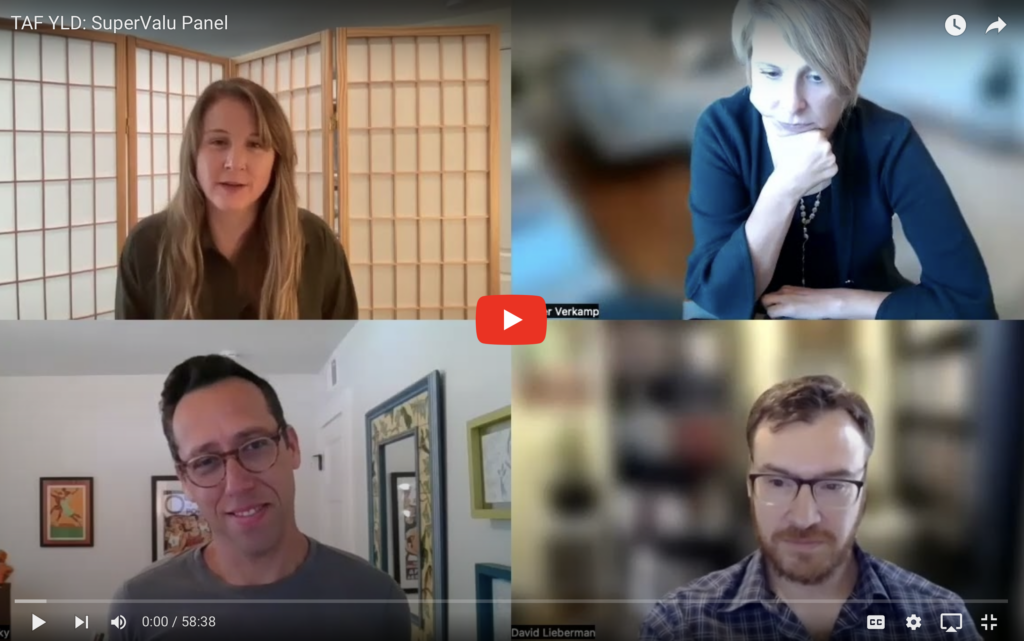Last week Whistleblower Law Collaborative’s David Lieberman joined panelists to speak with Taxpayers Against Fraud’s Young Lawyers Division about a recent False Claims Act decision. In that opinion, in a case called United States ex rel. Schutte v. SuperValu Inc, the Seventh Circuit Court of Appeals offered a new and dangerous interpretation of the False Claims Act’s knowledge requirement.
As we explain in our guide to the False Claims Act, the False Claims Act requires a “knowing” violation. But it does not require proof that the fraudster had a specific intent to defraud the Government. Rather, the False Claims Act provides that the terms “knowing” and “knowingly” simply mean that a person:
- had actual knowledge that a statement or claim was false
- acted in deliberate ignorance of whether information was true or false, or
- acted in reckless disregard of truth or falsity
However, the SuperValu decision threatens to change that understanding of knowledge under the False Claims Act. The Seventh Circuit decided that if the governing rule is “ambiguous” it doesn’t matter what a defendant believed or thought at the time, they cannot be found guilty of the False Claims Act. Given the broad scope of arguments clever lawyers are able to muster, you can imagine that suddenly every government regulation and contract provision will become ambiguous.
That is why lawyers who care about stopping fraud against the government are so concerned. David Lieberman joined lawyers from Constantine Cannon and Morgan and Verkamp to discuss this important issue. You can find their conversation below.

